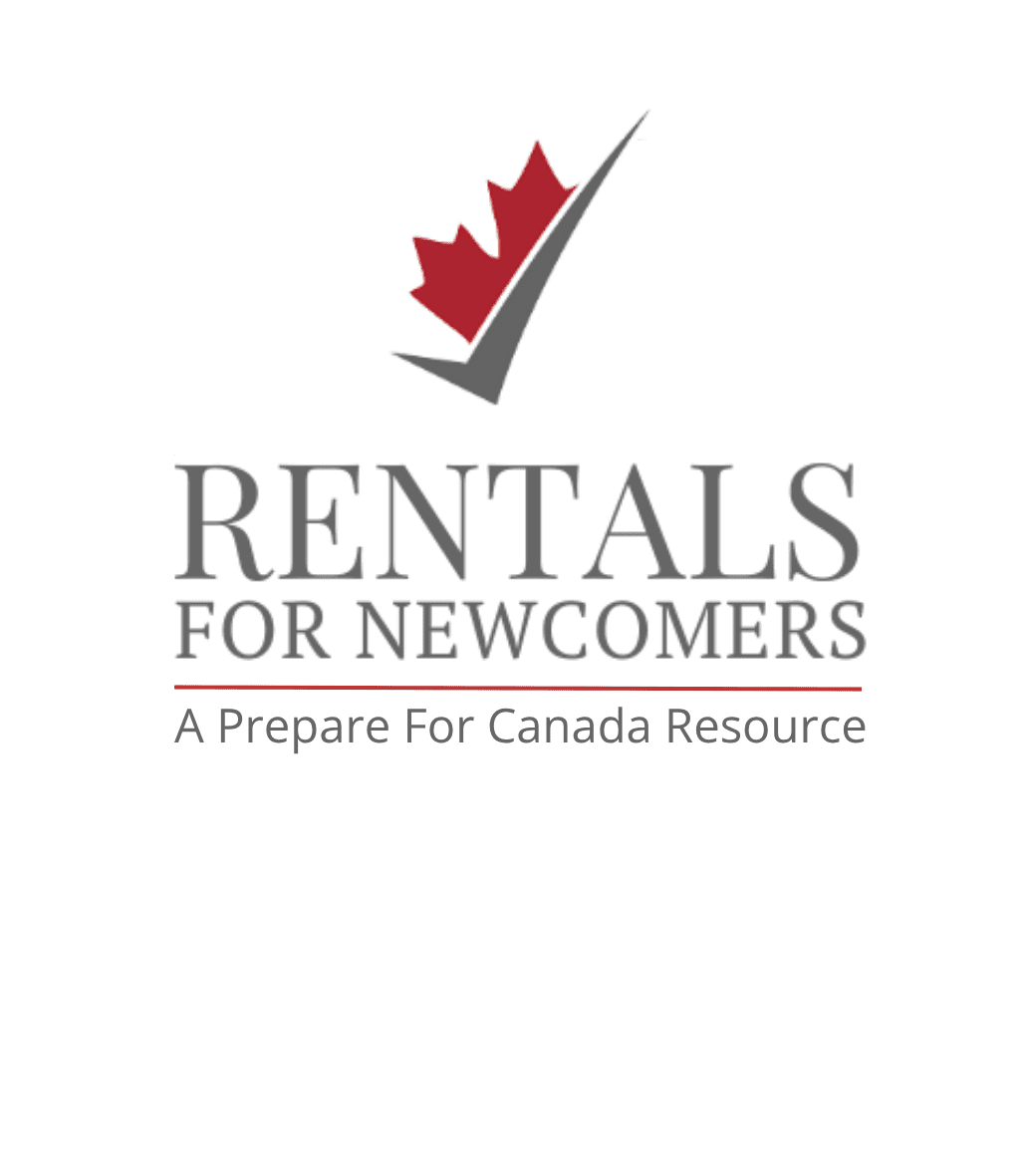Ready to take control of your finances in Canada? Get essential information to manage your personal finances as a newcomer, including budgeting, banking, and building credit. Whether opening your first bank account, transferring money internationally, or seeking saving and investing advice, our financial partner resources will guide you. Get ready to secure your financial future in Canada before and after arriving.

Financial First Steps
How to Manage Your Personal Finances When You’re New to Canada

Financial First Steps
Financial Literacy Month in Canada: Money Tips for Newcomers

Financial First Steps
How Much Money Will I Need to Move to Canada?

Financial First Steps
Cost of Living in Canada: A Guide for Newcomers

Financial First Steps
What is the GIC Amount for Canada for International Students?

Financial First Steps
How Do I Transfer Money to Canada & Ship Goods When Moving?

Financial First Steps
Canadian Financial Tips Before You Move to Canada

Financial First Steps
What is Fraud Prevention Month in Canada?








